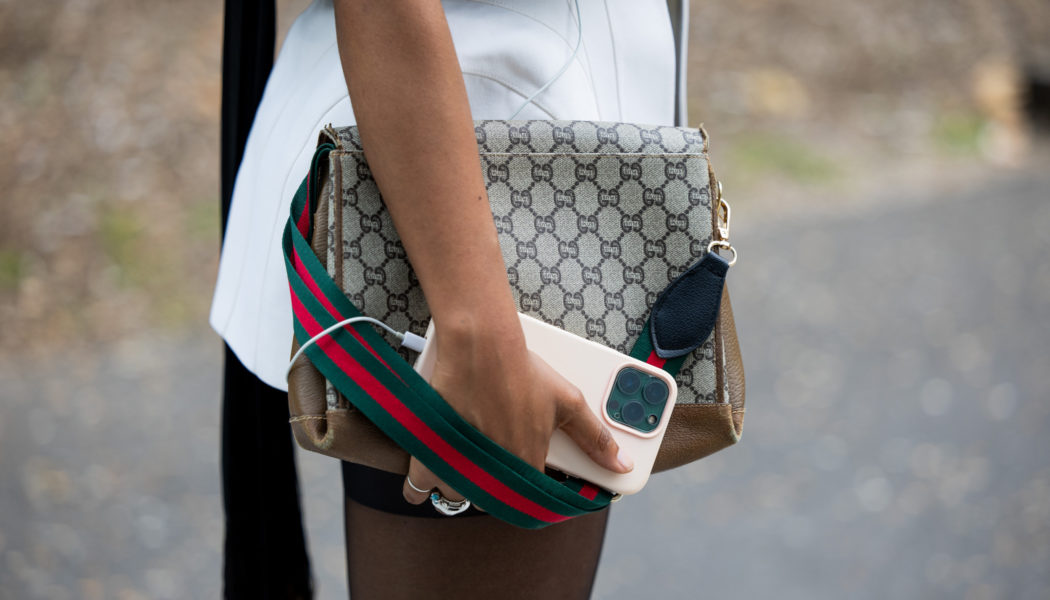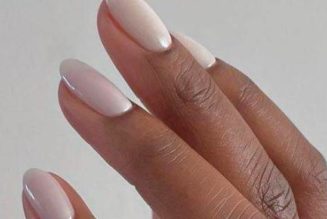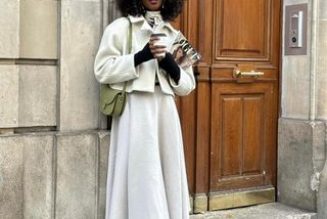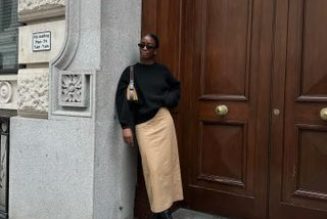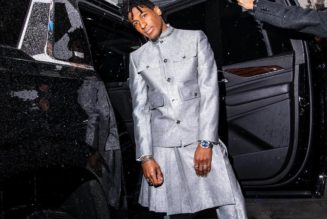People may be souring on Gucci.
Sales of the luxury brand from its stores fell 7 percent in the third quarter of 2023, Kering SA, the company that owns Gucci, said on Tuesday, saying that revenue had declined to 2.2 billion euros from 2.5 billion euros from a year ago.
Kering’s other signature products also saw a decline. Yves Saint Laurent’s sales from the stores it operates were down 4 percent as revenue fell to 768 million euros from 916 million euros a year ago. Meanwhile, Bottega Veneta also had a decline in sales in its directly operated stores. Overall, third-quarter sales were down 13 percent to 4.5 billion euros.
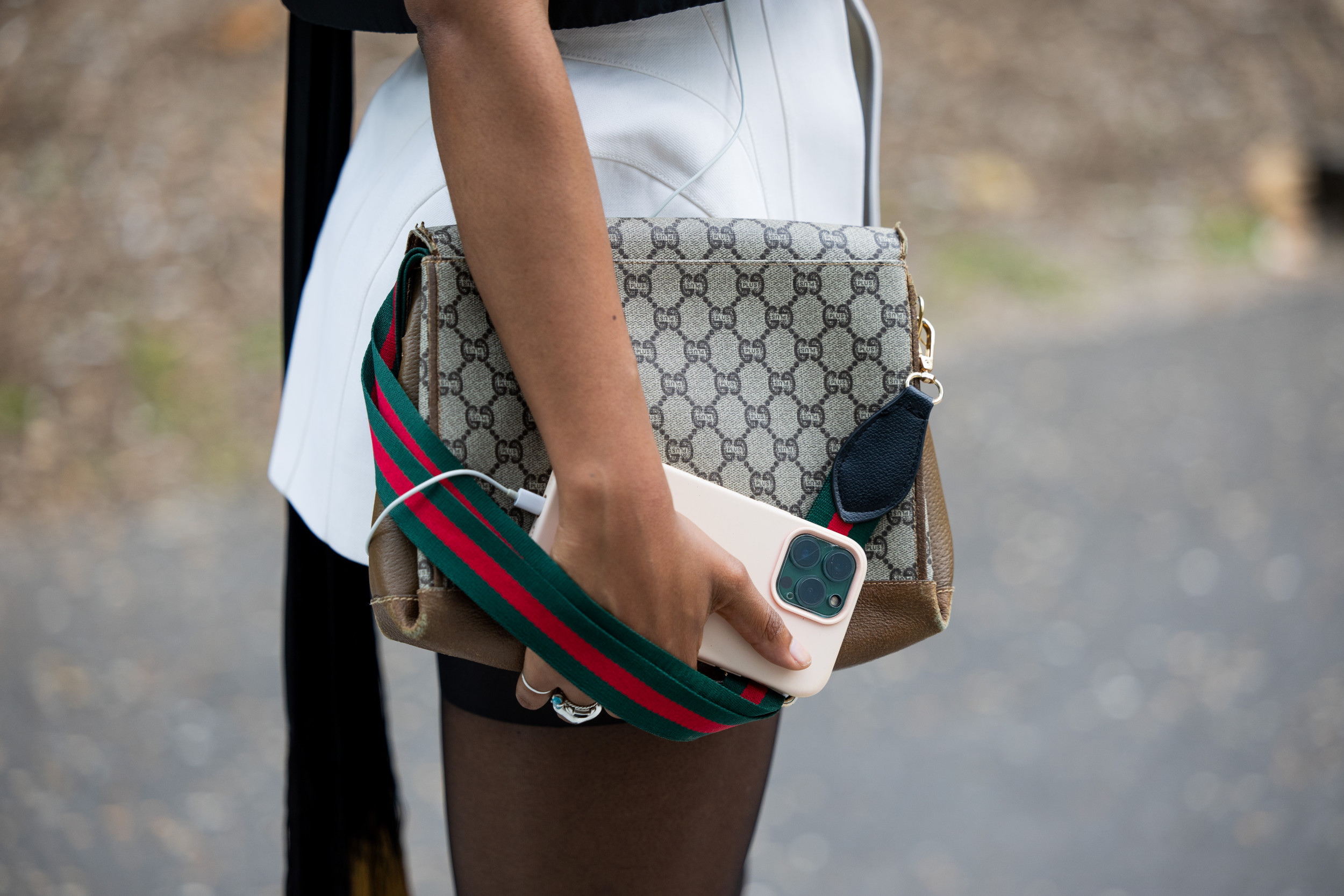
CHRISTIAN VIERIG/GETTY IMAGES
The company blamed an uncertain economic environment as being part of the reason it saw a decline in sales of Gucci and its other luxury products.
“Beyond the challenging macroeconomic conditions and softening demand across the luxury industry, the change in our revenue performance in the third quarter reflects the impact of our decisions to further elevate our brands and their distribution,” François-Henri Pinault, Kering’s chairman and CEO, said in a statement.
Part of the challenge at Kering may be due to specific moves the company made to take over the distribution of its products and rely less on wholesalers to retain its place in the upscale market, Reuters reported, citing deputy CEO Jean-Marc Duplaix.
The global economy has been slowed as central banks in the U.S. and Europe have raised rates to battle soaring inflation. Economic growth was forecast to slow to 3 percent this year from 3.5 percent from a year ago, as policymakers are tightening policy, the International Monetary Fund said earlier this month.
Kering isn’t the only luxury struggling amid high prices and high interest rates. In July, The Wall Street Journal reported that brands like Burberry and Prada were seeing declines in interest in 2023.
But LVMH, which counts Louis Vuitton as one of its brands, saw revenue up 10 percent in the third quarter, the company said in a statement this month. The company did acknowledge the “uncertain economic and geopolitical environment” even though they were confident of the growth of their business.
Hermès, famous for its Birkin bags, saw sales up 16 percent to 3.4 billion euros, it reported on Tuesday.
“More than ever, in an uncertain global environment, we are reinforcing our investments and our teams to support growth,” Axel Dumas, Executive Chairman of Hermès, said in a statement.
But analysts believe that the boom in the luxury market is set for a downturn in the coming months, with a decrease in aspirational consumers, which the industry relies on, and the economic environment of high inflation and elevated borrowing costs explaining the slowdown, Seeking Alpha reported, citing analysts from RBC Capital Markets.
“Average consumers have less residual income left over, which is likely to impact spending,” they said.
Uncommon Knowledge
Newsweek is committed to challenging conventional wisdom and finding connections in the search for common ground.
Newsweek is committed to challenging conventional wisdom and finding connections in the search for common ground.
